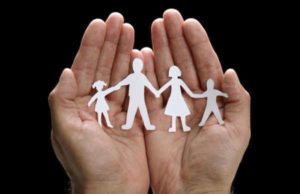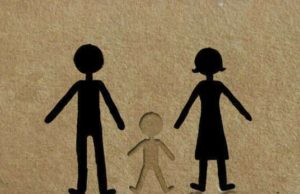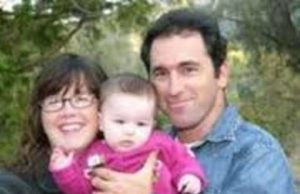
Introduction
The term birth parent refers to the biological mother or father of a child. The role of birth parents in the lives of their children is significant and varies depending on the circumstances surrounding the child’s birth. Birth parents may choose to raise their child themselves, or they may place the child for adoption. In this article, we will explore what birth parents are, their legal rights and responsibilities, the impact of adoption on birth parents, and other related topics.
Legal Rights and Responsibilities of Birth Parents
In the United States, birth parents have certain legal rights and responsibilities. These rights vary depending on the state in which the child is born. However, birth parents generally have the right to make decisions regarding their child’s education, medical care, and religious upbringing. Birth parents also have the right to request visitation and custody of their child. If the child is placed for adoption, birth parents usually have the right to receive counseling and choose the adoptive family. In some cases, birth parents may also maintain an ongoing relationship with their child and the adoptive family.
Impact of Adoption on Birth Parents
The decision to place a child for adoption is one of the most difficult choices that a birth parent can make. It is a decision that can have a lifelong impact on both the birth parent and the child. Birth parents who place their child for adoption may experience a range of emotions, including grief, loss, and guilt. They may also feel a sense of relief and hope that their child will have a better life. It is important for birth parents to receive counseling and support to help them navigate the emotions that come with adoption.
Adoption and Birth Parent Rights
When a child is placed for adoption, birth parents lose their legal parental rights. This means that they are no longer legally responsible for the child’s care and well-being. Once an adoption is finalized, the adoptive parents assume all legal and financial responsibility for the child. However, in some cases, birth parents may have the right to revoke their consent to the adoption within a certain period of time after the child is born. The time frame for revoke may vary by state and circumstance, but it usually ranges from a few days to several months.
Open vs. Closed Adoption
Adoption can be an open or closed process. In an open adoption, the birth parents and adoptive family have ongoing contact and communication. This may include visits, phone calls, emails, or letters. Open adoption allows birth parents to maintain a relationship with their child and stay informed about their well-being. A closed adoption, on the other hand, is where contact between birth parents and the adoptive family is limited or nonexistent. A closed adoption means that the birth parents do not have any ongoing relationship with their child or the adoptive family.
Adoption and the Law
Adoption is governed by state law in the United States. The laws surrounding adoption vary by state and can be complex. In general, if the child is born in the United States, he or she is subject to the laws of the state where the child is born. However, if the child is born overseas and is adopted internationally, the adoption is subject to both U.S. and foreign law. It is essential for anyone considering adoption to consult with an experienced adoption lawyer to understand the legal framework and regulations that apply to their specific situation.
Foster Care and Birth Parents
Another option for children who cannot live with their birth parents is foster care. Foster care is a temporary living arrangement for children whose parents are unable to care for them. In most cases, children in foster care will eventually return home to their birth parents. Foster care is overseen by state and local government agencies, and foster parents must undergo rigorous training and background checks to qualify for the program. Birth parents in the foster care system have the right to be involved in their child’s care and receive services and support to help them address the issues that led to the child’s placement in foster care.
Conclusion
Birth parents play a critical role in the lives of their children. Whether a child is raised by their birth parents, placed for adoption, or enters the foster care system, birth parents have legal rights and responsibilities that must be taken into account. Adoption can be a complex and emotional process, and it is essential for birth parents to receive counseling and support to help them navigate the impact of the decisions they make. State laws and regulations surrounding adoption and foster care are complex and vary by jurisdiction, making it crucial for anyone considering these options to consult with an experienced attorney.
What are Birth-parents?
The term ‘birth-parents’ refers to the biological parent of offspring. A birth-parent is either the father or mother of their child. Children may possess in a legal sense one or more parents, but they must have two biological birth-parents.
Parental Liability and laws associated with parenting




















